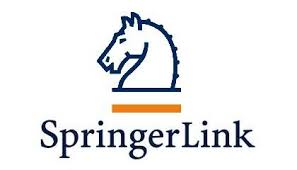Coupling Analysis of Urban Land Use Benefits: A Case Study of Xiamen City
The high coupling coordination of urban land use benefits is a significant factor for urbanization and sustainable urban development. This study, based on the statistical data from 2002 to 2017 of Xiamen City, constructs an index system that includes social, economic, ecological, and environmental benefits by evaluating the overall coupling coordination degree of land use benefits, using the entropy weight method (EWM), the coupling coordination degree (CCD) model, and the dynamic coupling coordination degree (DCCD) model.









